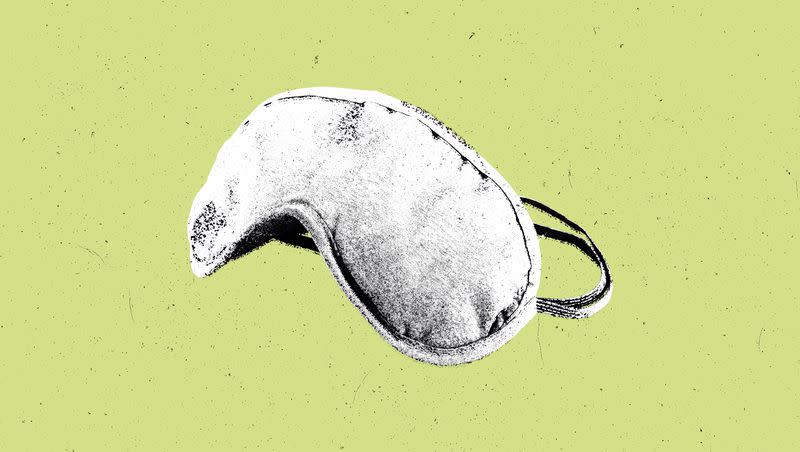Sleep disruptions in your 30s, 40s could hurt memory a decade later

When it comes to sleep, quality may matter more than quantity. A new study in the journal Neurology finds that adults in their 30s and 40s who often experience poor-quality, disrupted sleep seem to be more prone to memory problems a decade later.
Fragmented sleep in younger adulthood more than doubled the odds of testing poorly on several cognitive measures in middle age, compared to those who slept well, according to researchers at the University of California San Francisco.
“Given that signs of Alzheimer’s disease start to accumulate in the brain several decades before symptoms begin, understanding the connection between sleep and cognition earlier in life is critical for understanding the role of sleep problems as a risk factor for the disease,” said study author Yue Leng, in a news release.
He noted that the quality of sleep seems to matter more than the quantity for later cognitive health.
The researchers followed 526 people, average age 40, for 11 years. At the beginning of the study, participants each wore a wrist activity monitor that clocked sleep restlessness and other factors for three consecutive nights. They wore the monitor again a year later to get a better assessment of personal sleep patterns.
Study participants also kept a sleep diary in which they assessed their sleep quality — and 46% rated it poor. And they completed a series of well-accepted thinking and memory tests.
“Of the 175 people with the most disrupted sleep, 44 had poor cognitive performance 10 years later, compared to 10 of the 176 people with the least disrupted sleep,” the researchers reported. “After adjusting for age, gender, race and education, people who had the most disrupted sleep had more than twice the odds of having poor cognitive performance when compared to those with the least disrupted sleep.”
How long subjects slept and their own assessments of their sleep quality was not associated with the results of the cognitive tests.
Related
The study showed an association between sleep disruptions and lower cognitive test scores, but does not prove that the sleep disruptions cause the lower scores, the researchers reported.
“More research is needed to assess the link between sleep disturbances and cognition at different stages of life and to identify if critical life periods exist when sleep is more strongly associated with cognition,” Leng said. He noted that the findings could open the door to a new prevention strategy to combat Alzheimer’s later in life.
Among limitations, the researchers noted that with the small study size, they were unable to fully examine what could be racial or gender differences.
The Centers for Disease Control and Prevention says that most adults need at least seven hours of sleep a night. In fact, most advice on sleep focuses on duration, rather than quality, which is what the University of California San Francisco researchers studied. The CDC notes, for instance, that “even one night of short sleep can affect you the next day. Not only are you more likely to feel sleepy, you’re more likely to be in a bad mood, be less productive at work and be involved in a motor vehicle crash.”
The new research is not the first to link cognitive decline, including dementia, with sleep.
Related
Per Comprehensivesleepcare.com, “Some recent studies suggest that poor sleep contributes to abnormal levels of beta-amyloid proteins in the brain, which in turn leads to the amyloid plaques found in the Alzheimer’s brain. These plaques might then affect sleep-related brain regions, further disrupting sleep.”
And Harvard Health says that “sleep isn’t just good for your memory; it can reduce your risk of dementia and death.”
The article notes two studies on the topic of sleep and brain function. The first, by Harvard researchers, concluded that “addressing sleep disturbance and deficiency may have a positive impact on risk for incident dementia and all-cause mortality among older adults.” It was published in the journal Aging in 2020.
The second study, by researchers in European countries, showed that sleeping six hours or less at age 50, 60 and 70 was associated with a 30% increase in dementia risk compared to sleeping seven hours.
If your sleep pattern has been bad, it’s not too late to make changes, though. In a study published in JAMA Neurology that looked at sleep patterns among people who were known to have an Alzheimer’s risk factor called APOE4, researchers from Chicago and Toronto found that better sleep reduced that genetic risk and also reduced development of tangles in the brain that are associated with Alzheimer’s.

